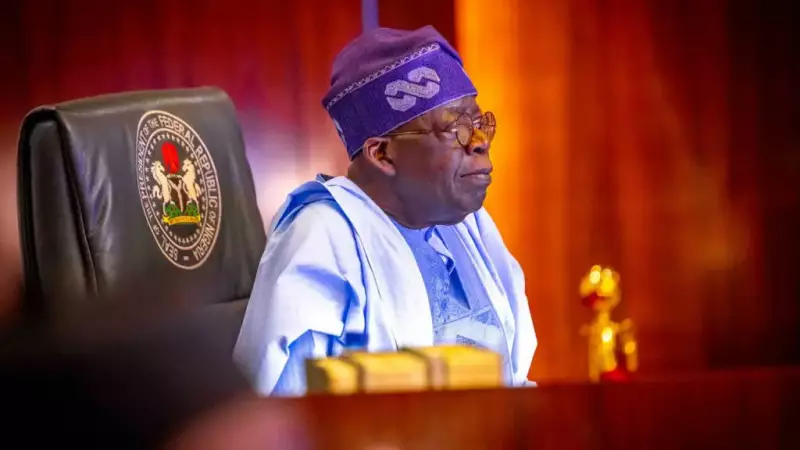
The recent implementation of a 15% import levy by the Federal Government has sent shockwaves across Nigeria, with citizens and business owners expressing deep concerns about the potential consequences on an already strained economy.
Mounting Economic Pressure on Ordinary Nigerians
This new tariff policy comes at a time when many Nigerian households are struggling to make ends meet. The additional cost burden on imported goods threatens to push basic necessities further out of reach for the average family. Market traders and importers are already calculating how this will affect their bottom line and, ultimately, consumer prices.
Business Community Sounds Alarm
Small and medium enterprises, which form the backbone of Nigeria's economy, are particularly vulnerable to this policy shift. Many business owners rely on imported raw materials and finished products to keep their operations running. The 15% increase could mean the difference between profitability and closure for countless businesses.
Timing Raises Questions
Economic analysts are questioning the timing of this decision, given the current inflationary pressures and the recent removal of fuel subsidies. The cumulative effect of these economic policies has left many Nigerians wondering when the promised relief will come.
Call for Presidential Intervention
Various stakeholders are urging President Bola Ahmed Tinubu to reconsider the implementation of this tariff or introduce mitigating measures to protect vulnerable populations. The appeal emphasizes the need for policies that support economic growth rather than hinder it.
As the nation watches and waits, the fundamental question remains: Will this policy achieve its intended purpose of boosting local production, or will it simply add another layer of hardship to the daily struggles of ordinary Nigerians?





